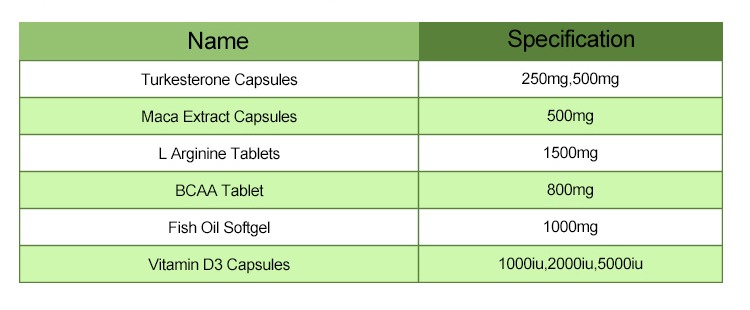Fish oil capsules are widely consumed for their purported health benefits, primarily due to their high content of omega-3 fatty acids, specifically eicosapentaenoic acid (EPA) and docosahexaenoic acid (DHA). Here’s an overview of their effectiveness, side effects, and special precautions:
Effectiveness of Fish Oil Capsules:
Heart Health: Omega-3 fatty acids in fish oil have been associated with a reduced risk of heart disease. They can help lower triglyceride levels, reduce blood pressure, decrease the risk of abnormal heart rhythms, and improve overall heart health.
Brain Health: DHA, one of the main components of fish oil, is crucial for brain development and function. Some studies suggest that omega-3 fatty acids may help improve cognitive function and reduce the risk of cognitive decline.
Inflammation and Joint Health: Omega-3 fatty acids have anti-inflammatory properties and may help reduce inflammation associated with conditions like rheumatoid arthritis and other inflammatory diseases.
Eye Health: DHA is a major structural component of the retina, so consuming fish oil may help protect vision and reduce the risk of age-related macular degeneration.

Side Effects of Fish Oil Capsules:
Fishy Aftertaste: Some people may experience a fishy aftertaste or burping after taking fish oil capsules.
Digestive Issues: High doses of fish oil can cause digestive issues such as diarrhea or indigestion.
Bleeding Risk: Omega-3 fatty acids may increase the risk of bleeding, particularly when taken in high doses or combined with blood-thinning medications.
Vitamin A Toxicity: Some fish oil supplements may contain high levels of vitamin A, which can be toxic in large amounts.
Contaminants: Fish oil supplements may contain trace amounts of environmental contaminants such as mercury, PCBs, or dioxins, especially if they are sourced from fish high in the food chain.
Special Precautions of Fish Oil Capsules:
Consultation with Healthcare Provider: Before starting fish oil supplements, especially at high doses, it’s essential to consult with a healthcare provider, particularly for those with underlying health conditions or those taking medications.
Quality of Supplements: Choose fish oil supplements from reputable brands that undergo testing for purity and quality to minimize the risk of contamination.

Dosage: Follow the recommended dosage on the product label or as advised by a healthcare professional. High doses of fish oil can have adverse effects.
Interactions: Fish oil supplements may interact with certain medications, including blood thinners, so it’s crucial to discuss potential interactions with a healthcare provider.
Allergies: Individuals allergic to fish should avoid fish oil supplements or choose alternatives such as algae-based omega-3 supplements.
In summary, fish oil capsules can be effective for various health benefits, but they may also have side effects and special precautions that need to be considered. Consulting with a healthcare provider before starting supplementation is advisable, especially for those with pre-existing health conditions or who are taking medications.
